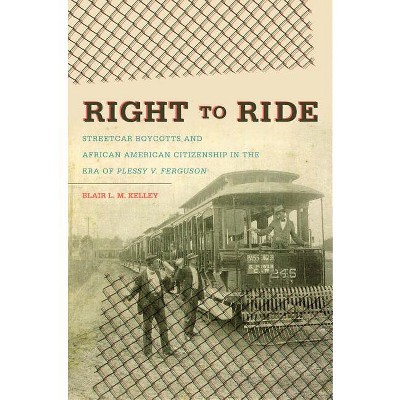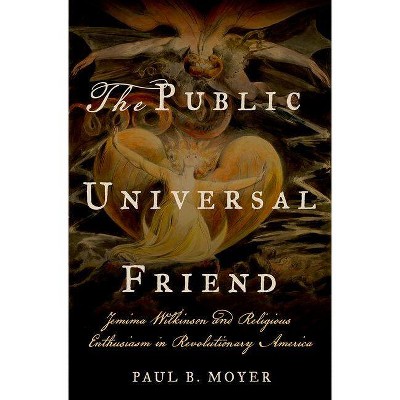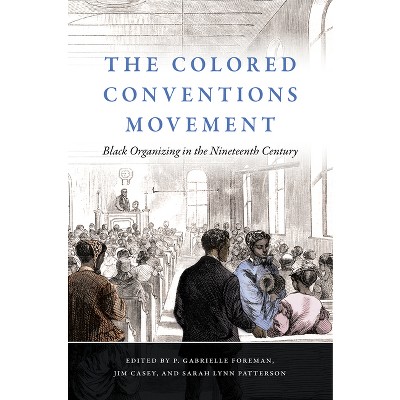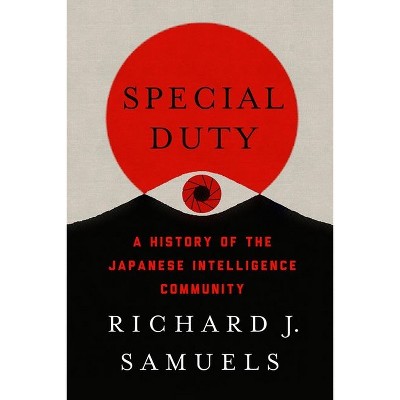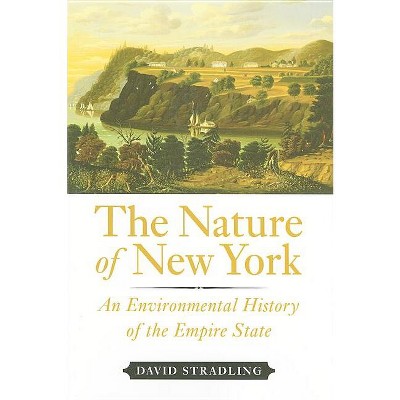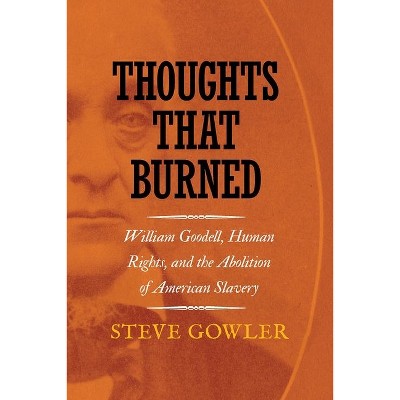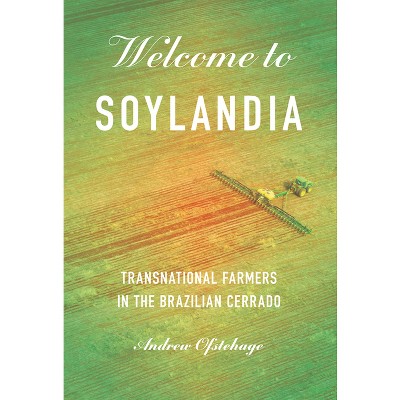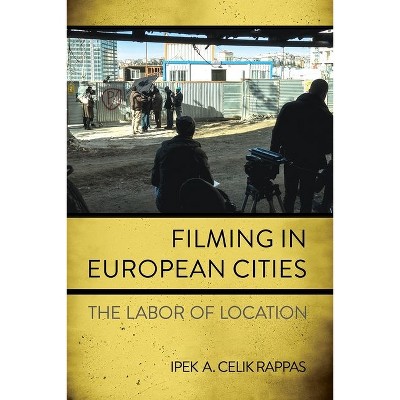Sponsored

Where the River Burned - by David Stradling & Richard Stradling (Hardcover)
In Stock
Sponsored
About this item
Highlights
- In the 1960s, Cleveland suffered through racial violence, spiking crime rates, and a shrinking tax base, as the city lost jobs and population.
- About the Author: David Stradling is Professor of History at the University of Cincinnati.
- 264 Pages
- History, United States
Description
About the Book
In Where the River Burned, David Stradling and Richard Stradling describe Cleveland's nascent transition from polluted industrial city to viable service city during the administration of Carl Stokes, the first African American mayor of a major U.S. city.
Book Synopsis
In the 1960s, Cleveland suffered through racial violence, spiking crime rates, and a shrinking tax base, as the city lost jobs and population. Rats infested an expanding and decaying ghetto, Lake Erie appeared to be dying, and dangerous air pollution hung over the city. Such was the urban crisis in the "Mistake on the Lake." When the Cuyahoga River caught fire in the summer of 1969, the city was at its nadir, polluted and impoverished, struggling to set a new course. The burning river became the emblem of all that was wrong with the urban environment in Cleveland and in all of industrial America.Carl Stokes, the first African American mayor of a major U.S. city, had come into office in Cleveland a year earlier with energy and ideas. He surrounded himself with a talented staff, and his administration set new policies to combat pollution, improve housing, provide recreational opportunities, and spark downtown development. In Where the River Burned, David Stradling and Richard Stradling describe Cleveland's nascent transition from polluted industrial city to viable service city during the Stokes administration.The story culminates with the first Earth Day in 1970, when broad citizen engagement marked a new commitment to the creation of a cleaner, more healthful and appealing city. Although concerned primarily with addressing poverty and inequality, Stokes understood that the transition from industrial city to service city required massive investments in the urban landscape. Stokes adopted ecological thinking that emphasized the connectedness of social and environmental problems and the need for regional solutions. He served two terms as mayor, but during his four years in office Cleveland's progress fell well short of his administration's goals. Although he was acutely aware of the persistent racial and political boundaries that held back his city, Stokes was in many ways ahead of his time in his vision for Cleveland and a more livable urban America.
Review Quotes
Focusing on Cleveland's shift from industrial to postindustrial service city and mayor Carl Stokes's administration (1967-1971), David (history, Univ. of Cincinnati) and Richard (retired reporter) Stradling critique postwar liberalism's limited ability to solve the resulting environmental and social problems. Well written and interestingly told, this is a good survey of Cleveland's experience for a general audience. Summing Up: Recommended.
-- "Choice"This impressive book's successes lie in the new connections the authors forge between environmental history and urban history, uniting the postwar urban crisis and the rise of environmentalism.... Where the River Burned contains important lessons in an era when environmental amenities aimed at upper middle-classes are seen as key for revitalizing cities such as Cleveland.... This relevance suggests the book deserves wide readership among environmental and urban historians, as well as among urban officials following in Stokes's wake.
--Andrew Needham "Journal of American History"About the Author
David Stradling is Professor of History at the University of Cincinnati. He is the author of The Nature of New York: An Environmental History of the Empire State, also from Cornell, Making Mountains: New York City and the Catskills, and Smokestacks and Progressives: Environmentalists, Engineers, and Air Quality in America, 1881-1951. Richard Stradling is an editor at The News & Observer in Raleigh, N.C.
Shipping details
Return details
Frequently bought together

Trending Non-Fiction






